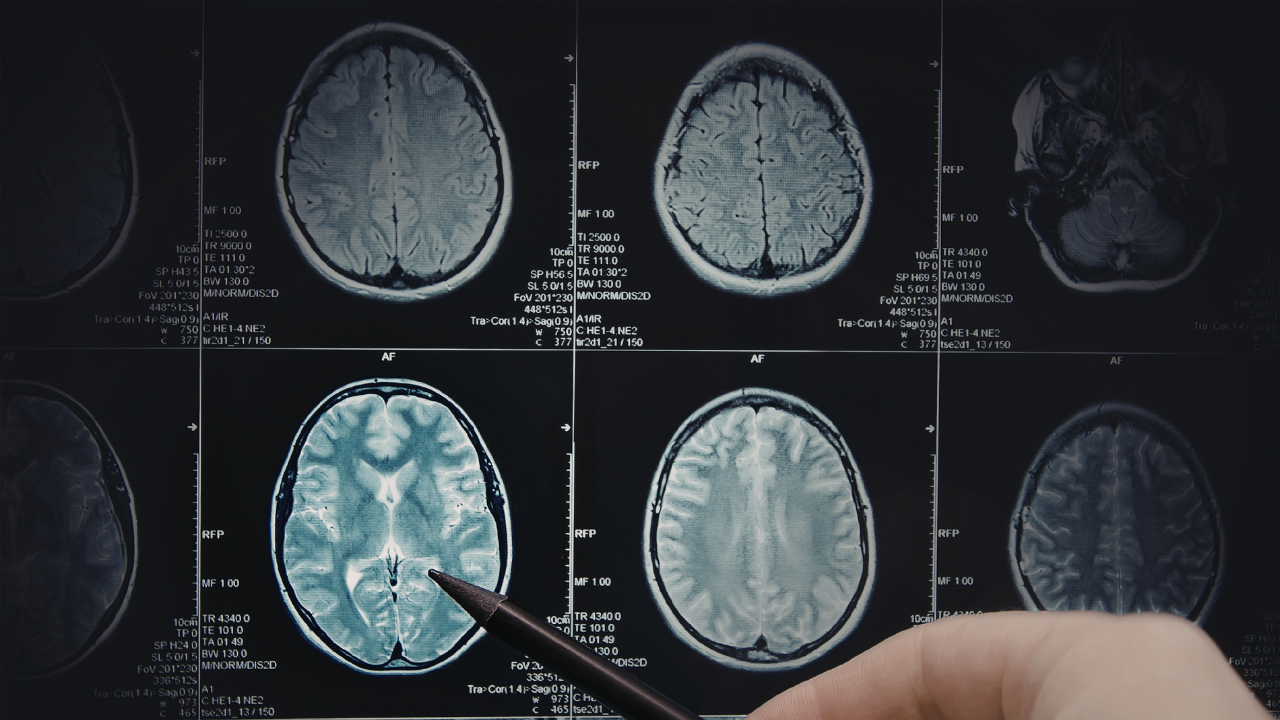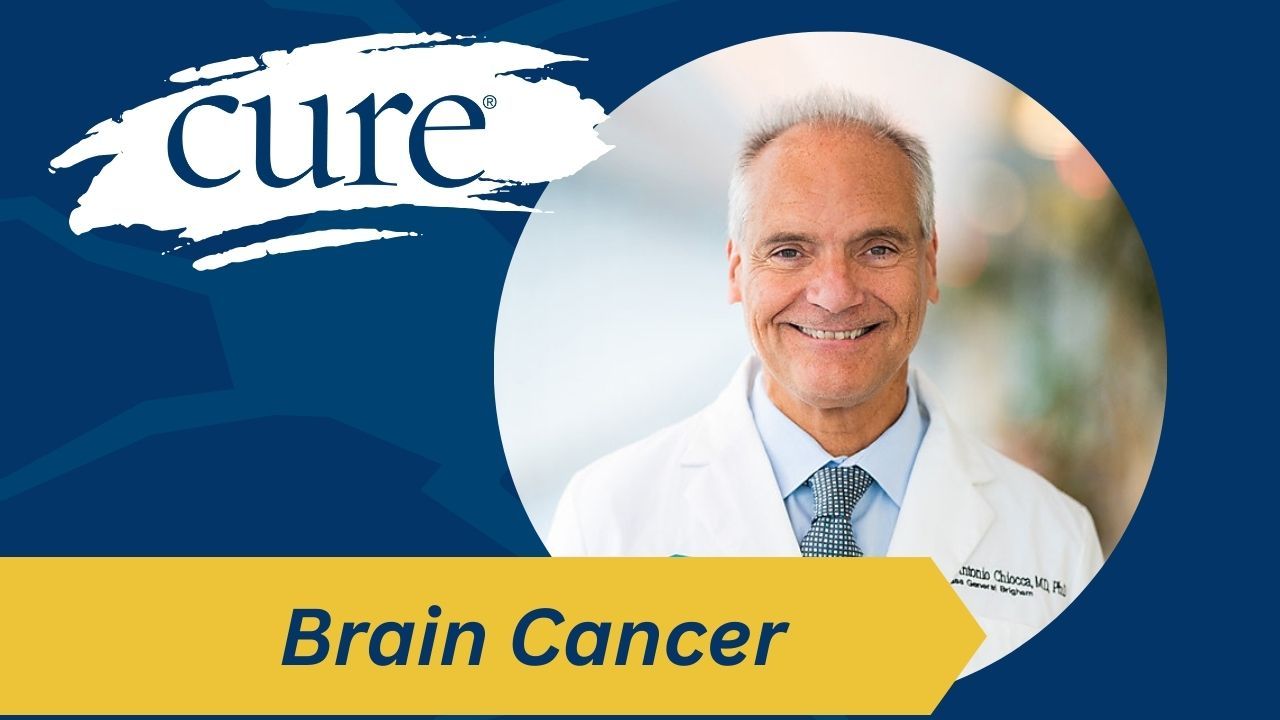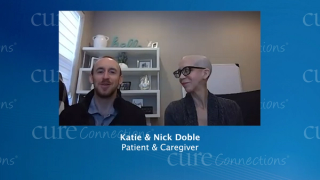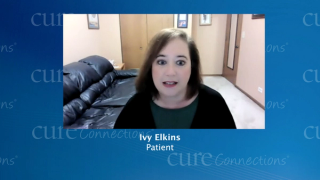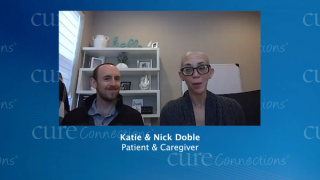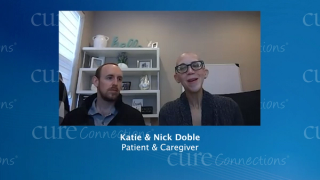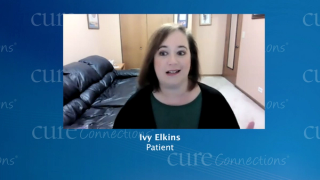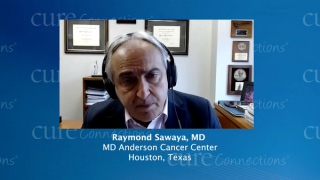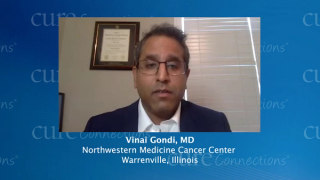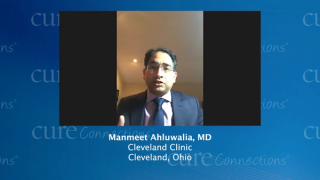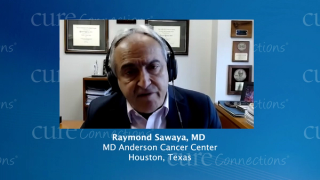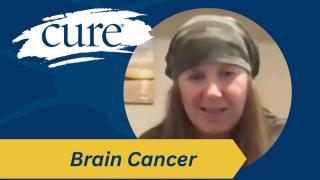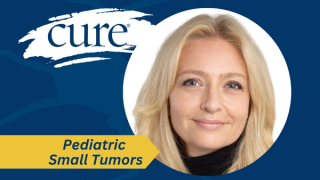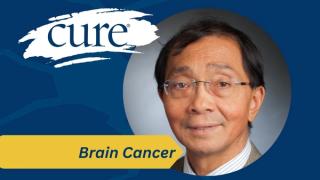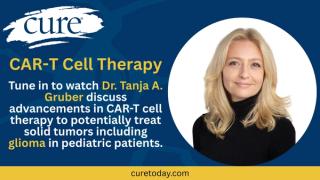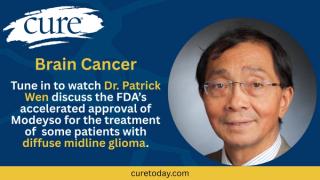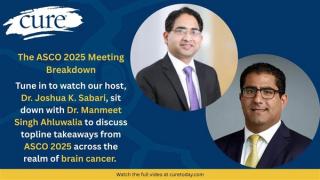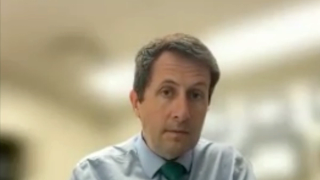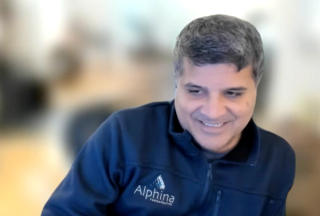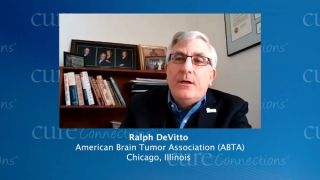
Brain Cancer
Latest News

Video Series

Latest Videos
Podcasts
More News

Since I was diagnosed with a brain tumor in 1998, I have endured highs and lows, including fearful dives, not knowing if I could live. I learned despair is a great teacher.
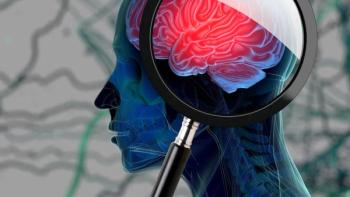
IGV-001 improved survival for newly diagnosed glioblastoma in a phase 2b trial, with patients living a median 20.3 months and no serious safety issues.
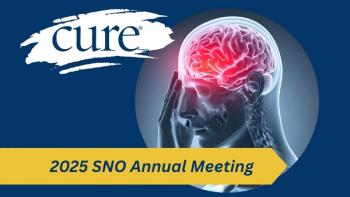
Voranigo was safe and well tolerated in patients with grade 3 or 4 IDH-mutant gliomas, a type of brain cancer.
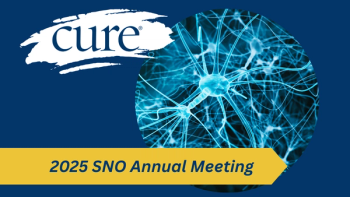
Imbruvica plus R-MPV led to high response rates and was tolerable for patients with newly diagnosed primary central nervous system lymphoma.
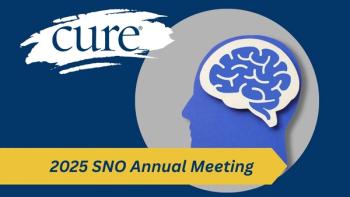
Eflornithine plus Gleostine was associated with superior overall survival and progression-free survival in grade 3 IDH-mutated astrocytoma.
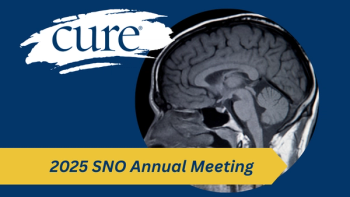
Intraventricular B7-H3 CAR T-cell therapy was well tolerated up to 1 x 10⁷ cells per infusion and showed early signs of activity in recurrent glioblastoma.
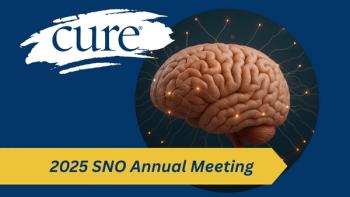
Voranigo plus Temodar was safe in glioma with IDH1/2 mutations.
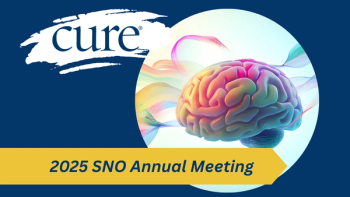
Early data from the SJ901 study show Gomekli generates responses with manageable side effects in children and young adults with low grade glioma.
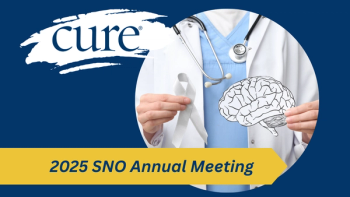
Early data indicate Voranigo is rapidly being used in newly diagnosed and previously treated patients with IDH-mutant glioma, highlighting ongoing treatment needs.
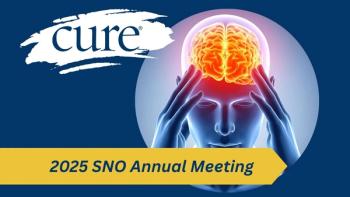
Researchers identified a potential unmet need for an effective early treatment with minimal toxicity for patients with slow-growing IDH-mutant gliomas.

I reflect on my brain tumor journey, sharing how gratitude, love and connection with my parents and others strengthened me through difficult times.
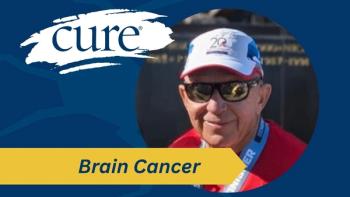
For U.S. Marine Corps veteran and devout marathon runner Hank Donigan, not even a diagnosis of brain cancer could slow him down.
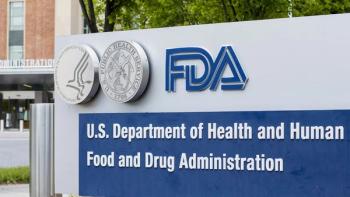
The FDA has granted orphan drug designation to tinostamustine, an investigational therapeutic, for the treatment of patients with malignant gliomas.
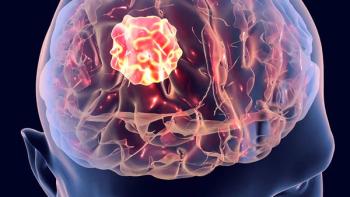
Longer-term trial results show Voranigo may help control grade 2 IDH-mutated glioma after surgery for those who can delay chemotherapy and radiation.
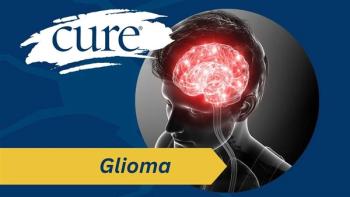
Exousia Pro, Inc. received orphan drug designation from the FDA for malignant glioma, also known as glioblastoma multiforme or GBM.
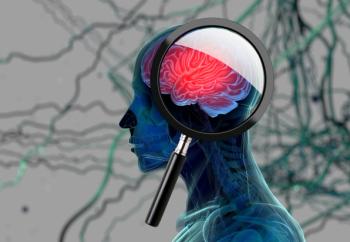
The FDA granted rare pediatric disease designation to iopofosine-131 for treating relapsed or refractory pediatric high-grade glioma.
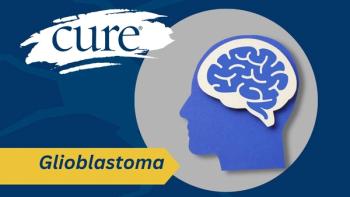
The FDA has granted fast track designation to MT-125 for the treatment of patients with glioblastoma.

In patients with operable, newly diagnosed brain metastases, GammaTile was associated with reduction in the risk of tumor recurrence or death.
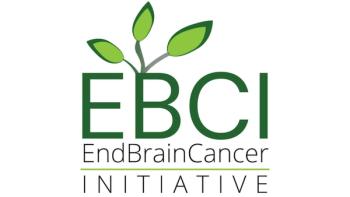
Registration is now open for the National Caregivers Self-Care and Tools online educational event on November 7th, 2025 at 11AM Pacific Time.
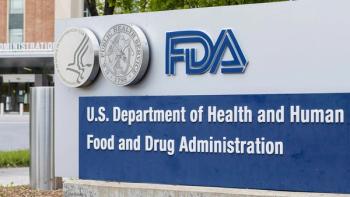
The FDA granted orphan drug designation to cintredekin besudotox for glioblastoma, supporting further research for this aggressive brain cancer.
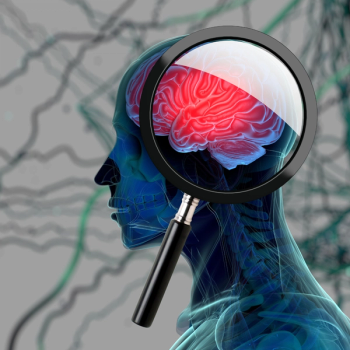
The FDA has granted orphan drug designation to the investigational therapy BA-101 for the treatment of patients with glioblastoma.

In August 2025, the FDA approved various anti-cancer treatments across a range of disease types, such as colorectal, lung cancer and brain cancer.

Non-drug therapies, counseling and telehealth improved pain, mood and communication in cancer care, though older adults and minorities remain underrepresented.
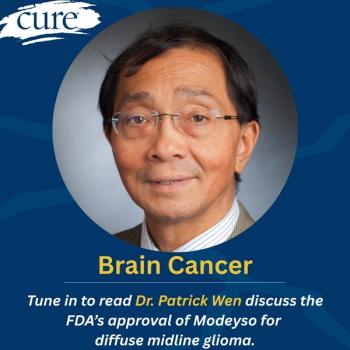
The FDA’s accelerated approval of Modeyso for diffuse midline glioma with an H3 K27M mutation sets the stage for more treatment advancements.
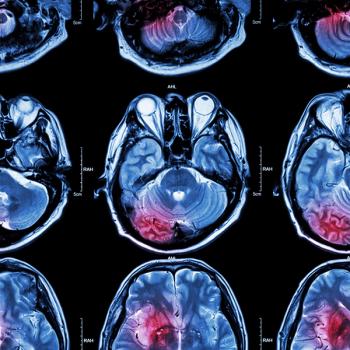
A nationwide survey of patients and caregivers has found educational and financial disparities in brain cancer care.


